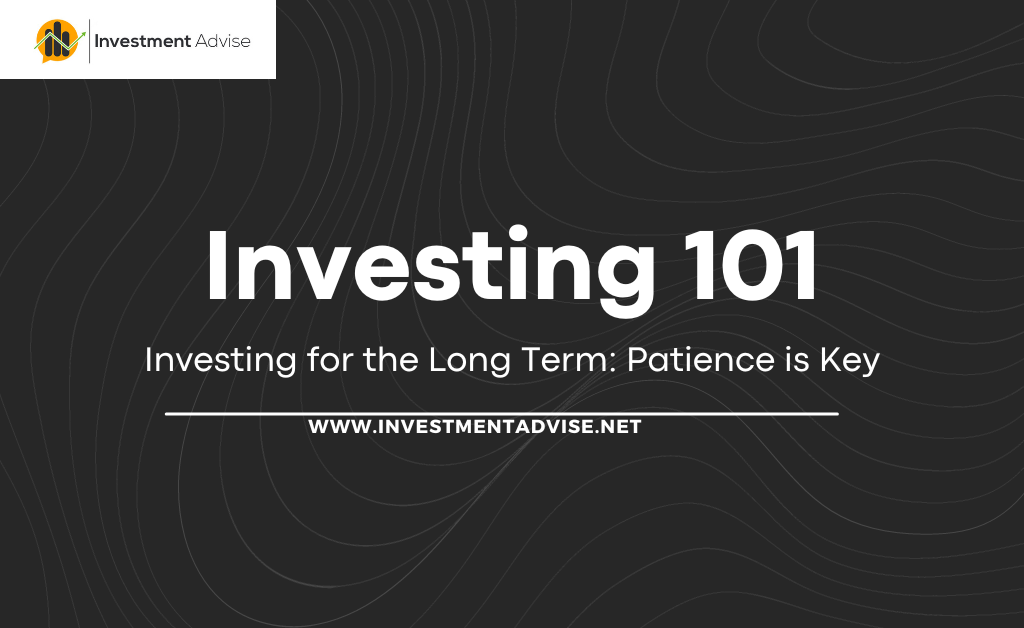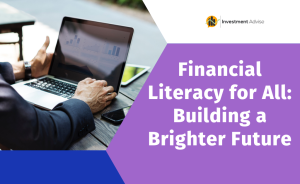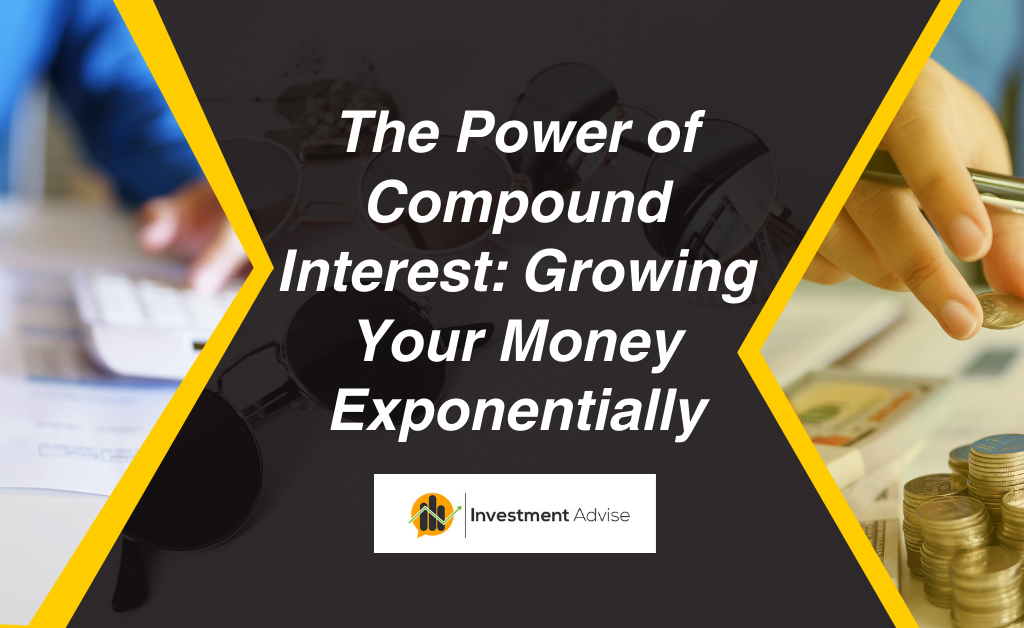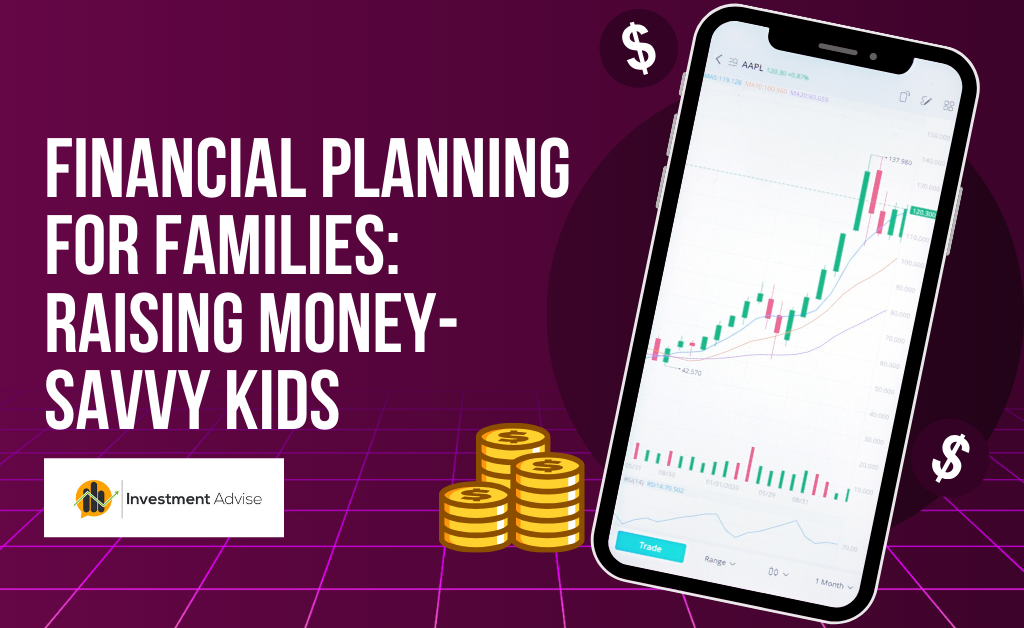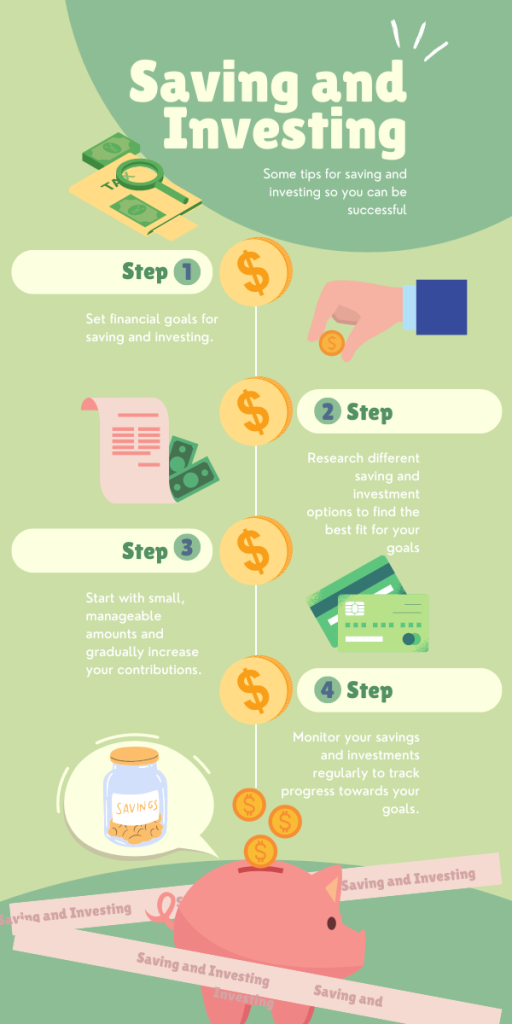In a world that often prioritizes instant gratification, the concept of long-term investing can seem counterintuitive. Yet, history has repeatedly shown that patience is the cornerstone of successful investing. While short-term fluctuations in the market can be tempting to capitalize on, it’s the steady, disciplined approach that yields the most substantial rewards over time.
Understanding the Power of Compounding
Compounding is the eighth wonder of the world, as Albert Einstein famously said. It’s the process where your earnings generate more earnings, and those earnings generate even more earnings. It’s the magic that transforms small, consistent investments into significant wealth over time. Imagine planting a small seed; with proper care, it grows into a magnificent tree bearing abundant fruit. Your investments are similar; with patience and time, they can blossom into a substantial financial harvest.
The Perils of Short-Term Thinking
The allure of quick profits is undeniable. Market trends, hot tips, and fear of missing out can easily lead investors to make impulsive decisions. However, short-term trading often results in higher transaction costs, increased taxes, and emotional stress. Moreover, it’s nearly impossible to consistently predict market movements. Trying to time the market is a risky endeavor that few succeed at.
The Importance of Diversification
A well-diversified portfolio is essential for long-term investing. By spreading your investments across different asset classes, such as stocks, bonds, and real estate, you can mitigate risk. When one asset class underperforms, others may offset those losses. Diversification doesn’t guarantee profits, but it helps to smooth out the ride.
Emotional Discipline
Investing is as much about emotional control as it is about financial knowledge. Fear and greed are powerful emotions that can lead to poor decision-making. When the market is down, fear can tempt you to sell your investments at a loss. Conversely, when the market is soaring, greed can entice you to chase after the next big thing. It’s crucial to develop emotional resilience and stick to your long-term investment plan.
Setting Realistic Expectations
It’s important to have realistic expectations about your investments. Past performance is not indicative of future results. While the stock market has historically generated positive returns over the long term, there will be periods of volatility and even decline. Don’t expect to get rich quick, and don’t panic when the market takes a downturn.
The Role of Dollar-Cost Averaging
Dollar-cost averaging is a strategy that involves investing a fixed amount of money in an investment on a regular schedule, regardless of the share price. This approach helps to reduce the impact of market volatility. By buying more shares when prices are low and fewer shares when prices are high, you can lower your average cost per share over time.
Conclusion
Investing for the long term is a journey, not a sprint. It requires patience, discipline, and a focus on the big picture. While there will be ups and downs along the way, staying invested through thick and thin can pay significant dividends over time. By understanding the power of compounding, diversifying your portfolio, and maintaining emotional control, you can increase your chances of achieving your long-term financial goals.


